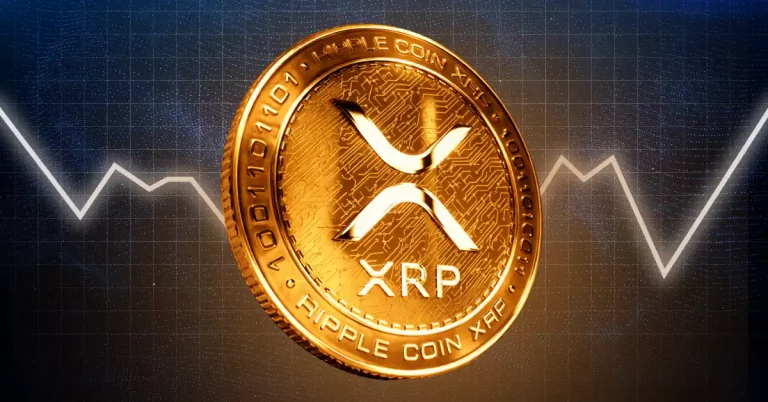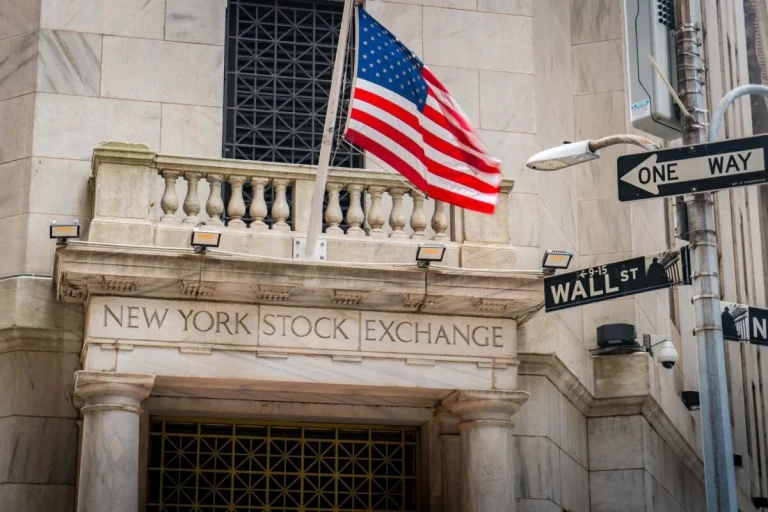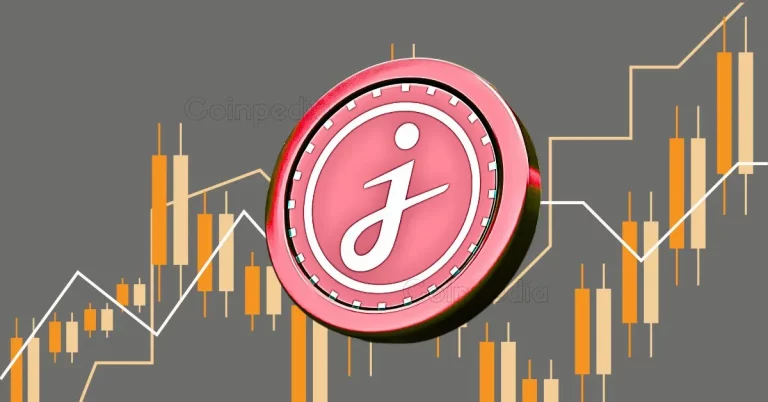
Japan has taken a monumental step in regulating its crypto industry by transitioning oversight from the Payment Services Act (PSA) to the Financial Instruments and Exchange Act (FIEA). This bold decision by Japan’s Financial Services Agency (FSA) aims to enhance investor protection, address rampant fraud, and position Japan as a leader in the global crypto market.
Understanding the New Crypto Regulation Framework
The new regulatory framework overseen by the FIEA treats cryptocurrencies as investment products, much like stocks or bonds. This alignment brings stricter requirements for token disclosures, reserve policies, and security measures for exchanges. The changes impact an estimated 13 million domestic accounts and nearly 5 trillion yen in crypto assets.
Under the new rules, exchanges must maintain contingency liability reserves to safeguard users in the event of cyberattacks or unauthorized withdrawals. Additionally, tighter guidelines demand detailed transparency from token issuers, including project governance, issuance schedules, and technical risk assessments. These standards aim to close information gaps, which have often allowed scams to thrive and harmed investor confidence.
Industry Concerns and Compliance Cost
While the overhaul has been praised for its focus on investor protection, the crypto industry is voicing concerns about its potential downsides. For example, leading blockchain associations argue that the heightened compliance costs might threaten the viability of smaller crypto businesses operating in Japan’s market.
Some experts also worry about misleading perceptions surrounding FIEA regulation. Oversight under FIEA may inadvertently suggest that crypto assets are safer or more stable investments than they truly are, which could mislead less experienced investors.
The Path Forward: Balancing Protection and Growth
Japan’s new regulations aim to make crypto markets safer and more sustainable in the long term. However, fostering industry growth requires addressing unresolved challenges. For instance, there remain legal gaps concerning asset inheritance when private keys are lost and regulatory definitions for decentralized exchanges (DEXs).
Despite the challenges, this move opens new opportunities for broader market participation. Regulated crypto investment options, such as exchange-traded funds (ETFs) and institutional products, could soon be on the horizon. With Japan boasting one of the largest pools of household financial assets globally, the updated framework may attract significant crypto demand from institutional investors.
Transform Your Crypto Journey Today
For crypto enthusiasts looking to stay ahead in this rapidly changing landscape, it’s essential to stay informed and protected. Whether you’re investing in crypto markets or exploring blockchain technologies, focusing on security is key. Consider products like the Ledger Nano X, a highly-rated hardware wallet designed to keep your digital assets safe from cyber threats.
Japan’s regulatory shift is a significant moment for the crypto world. As the country leads the charge to integrate cryptocurrencies into traditional investment frameworks, the outcomes will likely shape future policies worldwide.





